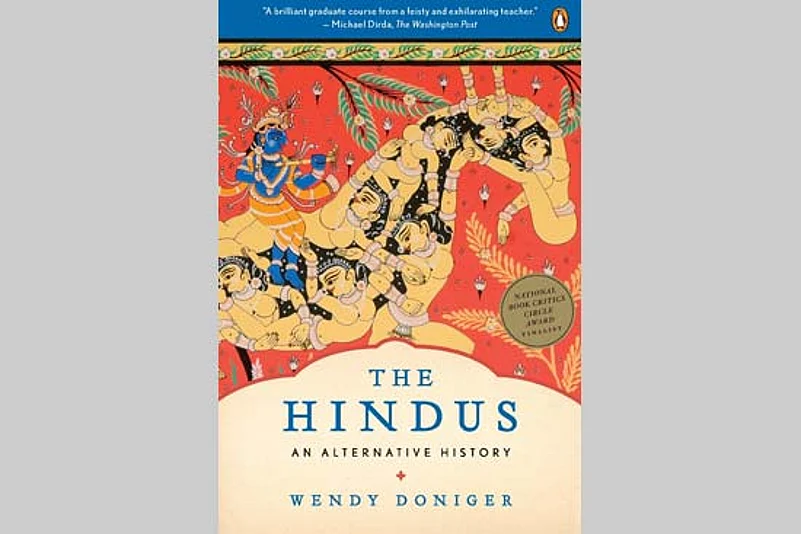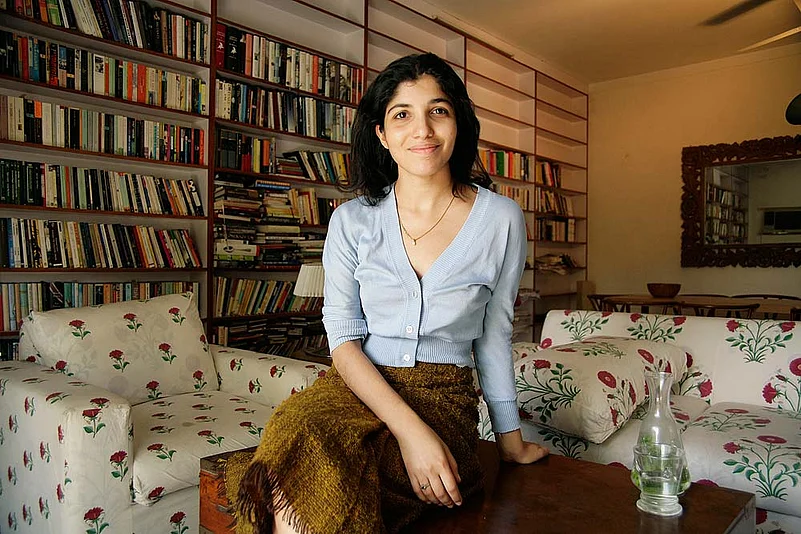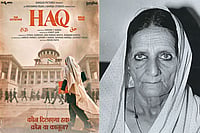Just the other day, Chiki Sarkar, publisher, Penguin Random House, and Caroline Newbury, VP marketing and publicity, were in Outlook offices, as they do once every three months, talking energetically about their summer catalogue. Sarkar was hard-selling A. Raja’s forthcoming book In My Defence and a book on the Aarushi case by Avirook Sen for an extract in the magazine. She was saying T.N. Ninan’s treatise on the Indian economy was the most authoritative ever and Coomi Kapoor’s Emergency tome had some hitherto untold nuggets. She talked about book after book, extolling each one’s uniqueness. Yet, just weeks later, Sarkar quit Penguin Random House. “It came as a shock to me,” says Newbury. “It was, of course, a personal decision and she hadn’t confided to anyone I know in office but nobody expected this.” Meru Gokhale, who moved base from Random House London to Delhi a few months ago along with her husband Patrick French, is the one who takes over.
But others in the company expected this. Soon after the two publishing firms, Penguin and Random House, merged last year, when Sarkar became the publisher of the combined group and Gaurav Shriganesh took over as its CEO, it was rocked by the ‘pulping’ controversy of Wendy Doniger’s The Hindus. The publishers tamely decided to withdraw it and pulp remaining copies, bowing to threats from right-wing Hindu groups who claimed the book was blasphemous. Insiders say Sarkar was never in favour of dumping the author but had to go along with the decision of the CEO. But they also say Shriganesh didn’t have any choice in the matter, as his bosses from the UK had refused to pump in any more money in the case which had dragged on for over four years. Sarkar, the face of Penguin Random House, had to face the ire of top authors like Ramachandra Guha, Arundhati Roy, Siddharth Varadarajan, Jyotirmaya Sharma, and of the intelligentsia.

The rift which began with the controversy never bridged between the publisher and CEO, says a person who left the group recently. “People from the two companies never meshed culturally. They were always seen as from Penguin or Random House.” For many Penguin staffers, moving office from south Delhi’s quaint Shahpur Jat market, with its many charming eateries and designer shops, to the swank but antiseptic Infinity Towers in Gurgaon’s Cyber Hub area seems to have been symptomatic of everything that’s changed with the merger. Along with Sarkar, three other senior people also quit the firm, making it seem like a coup of sorts. But veteran editor Nandini Mehta says she had been planning to resign for a while, as the arrangement of a shared cab picking up south Delhi staffers at 7.30 am and dropping them by 4.30 pm wasn’t suiting her. “I put in my papers before Chiki did. The commute was so tiring. At my age, I just don’t have the stamina,” she says.
There may have been cracks at the top, but after the merger Penguin Random House had a great year in 2014, with some surprising non-fiction bestsellers, like Sanjaya Baru’s The Accidental Prime Minister, Naseeruddin Shah’s memoirs and B.N. Goswamy book on Indian art. There were hefty bonuses handed out to staffers in April—one reason for the resignations this month, as some wanted to take the reward and then go. So what will Chiki Sarkar do next? There are many rumours. The strongest is that her father and media baron Aveek Sarkar, who sold his 36 per cent stake in Penguin at the time of the merger, is starting another publishing house which she will head. Another is that she is joining a big international publishing firm. The third is she is taking a break as she wants to start a family (she recently got married to Alex Traveli, a journalist with The Economist). Sarkar flew to New York a day after resigning to look after her twin sister who is unwell and so wasn’t available for comment. But all those who know her agree she won’t be away from publishing for long, and that it will be tough to keep her away from discussing plotlines with authors, devising selling strategies and pushing extracts to magazines.



























